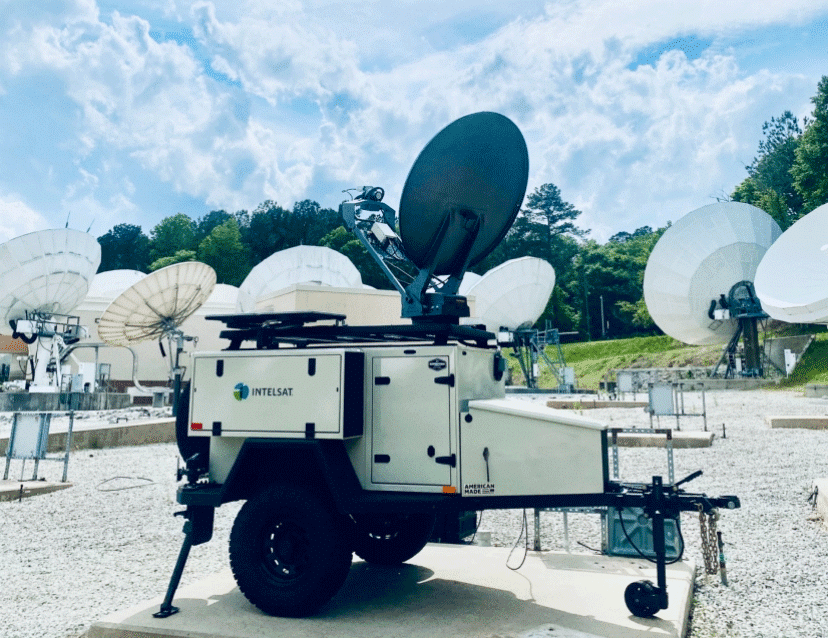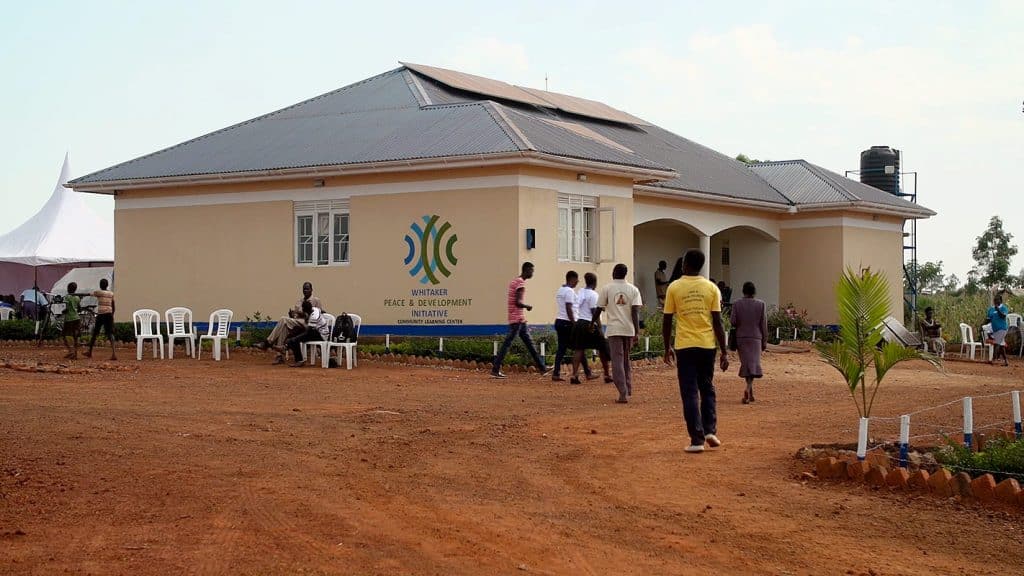LPTA Threatens U.S. Supremacy in Space
Earlier this month, Government Executive ran an excellent story on government contracting and a method of procurement known as “lowest price/technically acceptable,” or LPTA. The article makes a very strong case regarding the severe limitations of such an approach.
There are certainly some types of service that are appropriate candidates for LPTA. Where the technology involved is highly commoditized – basic office equipment such as printers, for example – LPTA can be an effective approach. But who would want LPTA applied in areas that impact the delivery of healthcare to veterans, or to public safety?
The space capability of our nation is definitely not an area where LPTA is acceptable. The reasons are myriad. For one, the commander of U.S. Air Force Space Command General Hyten has specifically cited the danger of maturing threats from potential adversaries in space. He has called for continuous innovation and the extension of real-time capabilities anywhere around the globe.
That’s the very antithesis of LPTA – no other nation possesses these capabilities! And we need to continue innovating in space so the U.S. maintains this critical technological superiority.
Another reason LPTA should not be used for space procurement is that the numbers never add up. Costs can’t be compared accurately if the government fails to put a dollar figure on the cost of delayed time to market. As IGC vice president Skot Butler discussed last year on SatCom Frontier, we can’t face today’s challenges in space without acknowledging the opportunities lost by systems that can take a decade or more to deploy.
LPTA also has not helped streamline the procurement process, as some of its advocates claimed it would. A recent article in Defense News quotes House Armed Services Committee Chairman, Rep. Mac Thornberry, speaking about how “gummed up” the process currently is:
“It seems a wonder sometimes that anything comes out the other end,” he said, sending a message to program managers and industry. “To have a military that is both strong and agile means that we cannot tolerate the delays and cost overruns that have plagued our procurement system.
“A lack of agility means that vital technology does not get to the troops in a timely way, potentially affecting the success of their mission and almost certainly increasing the risks to their lives,” Thornberry said.
Finally, LPTA is a flawed mechanism for dealing with innovative new technology such as high throughput satellite (HTS) platforms, which will soon be coming on line. These systems will deliver dramatically more performance for the price, which can’t be accounted for using LPTA because cost is the sole criterion considered.
The Government Executive article calls LPTA a return to the days of “good enough for the government” contracting work, and being content with mediocrity. That’s an approach our country can never afford to take in space.






















